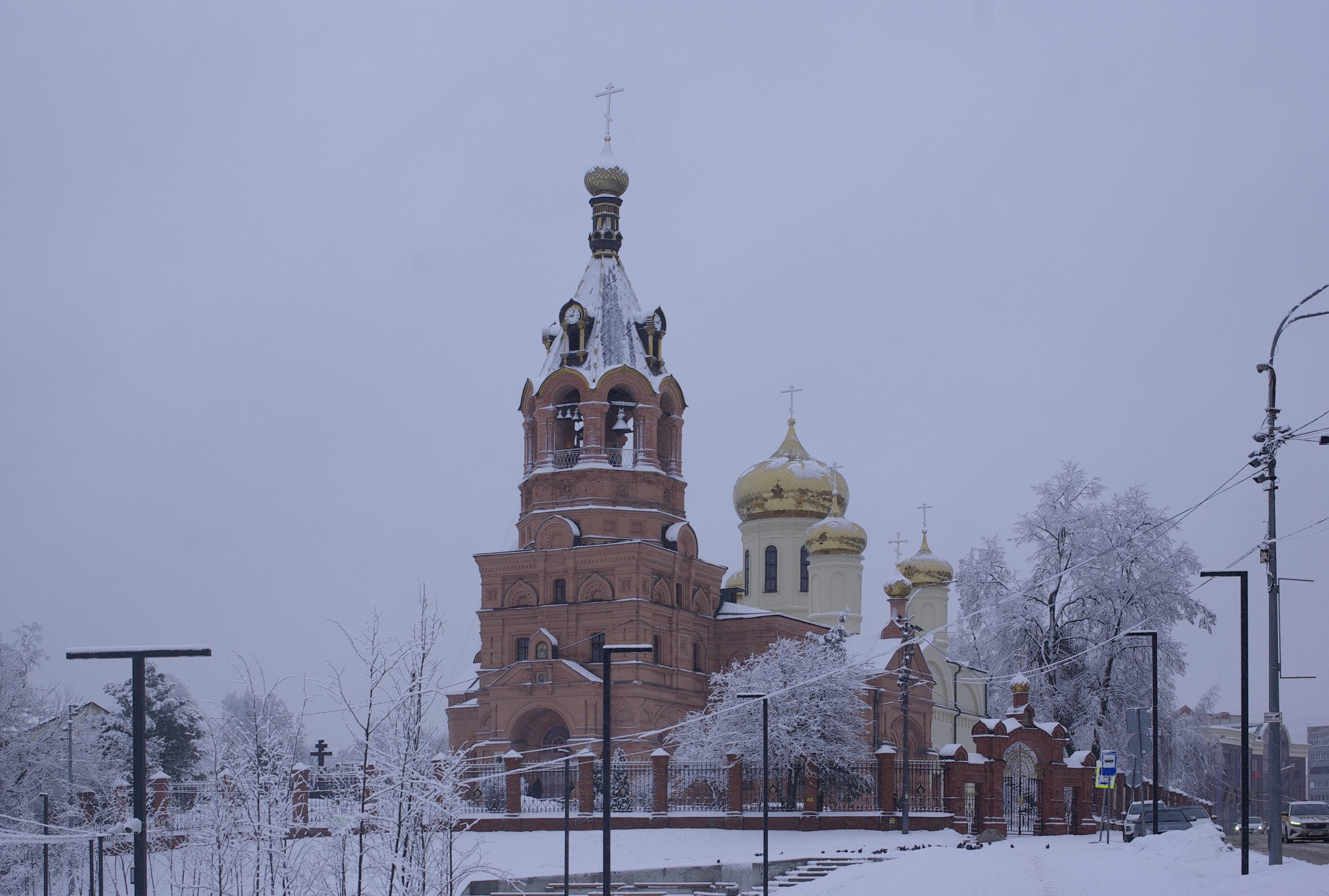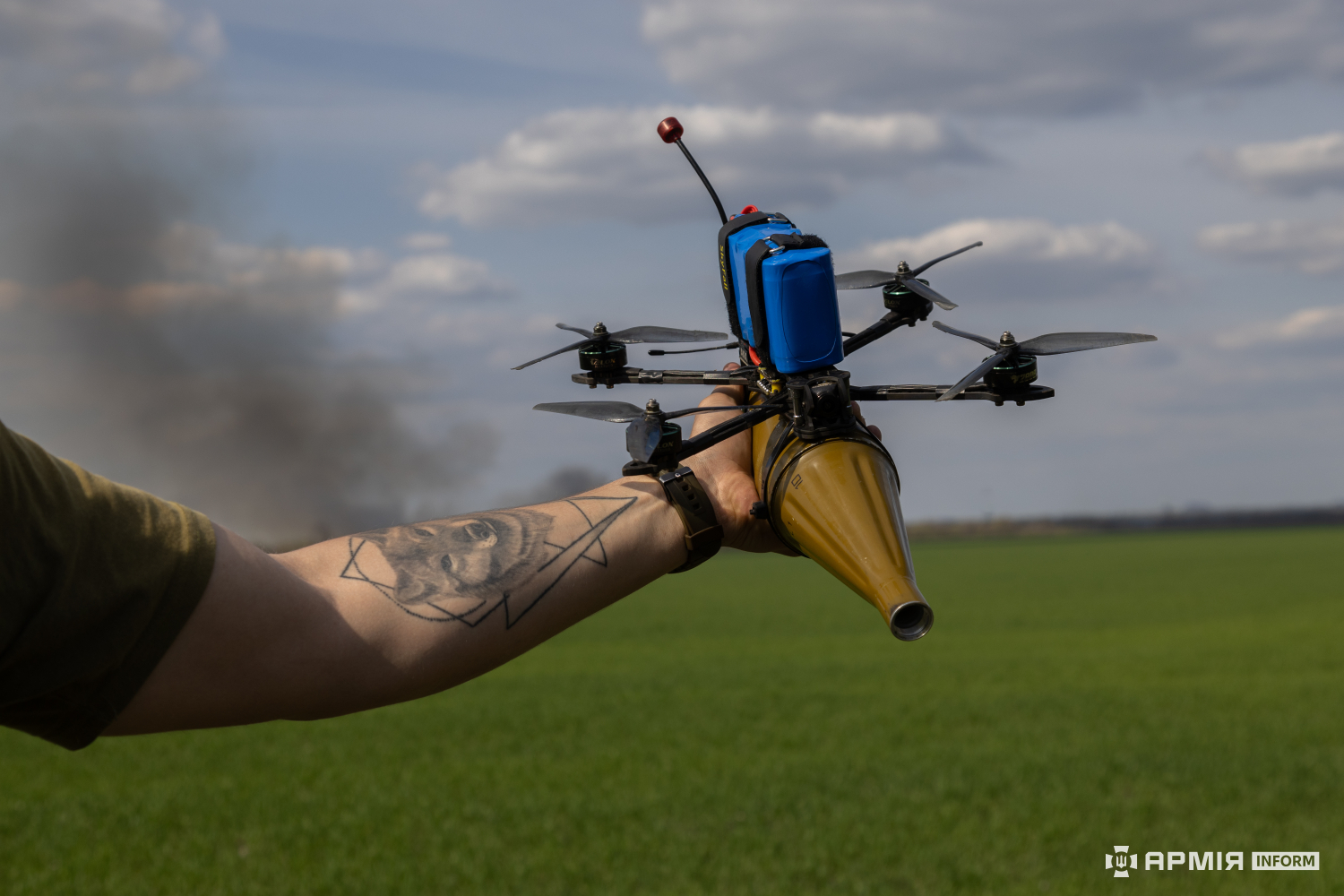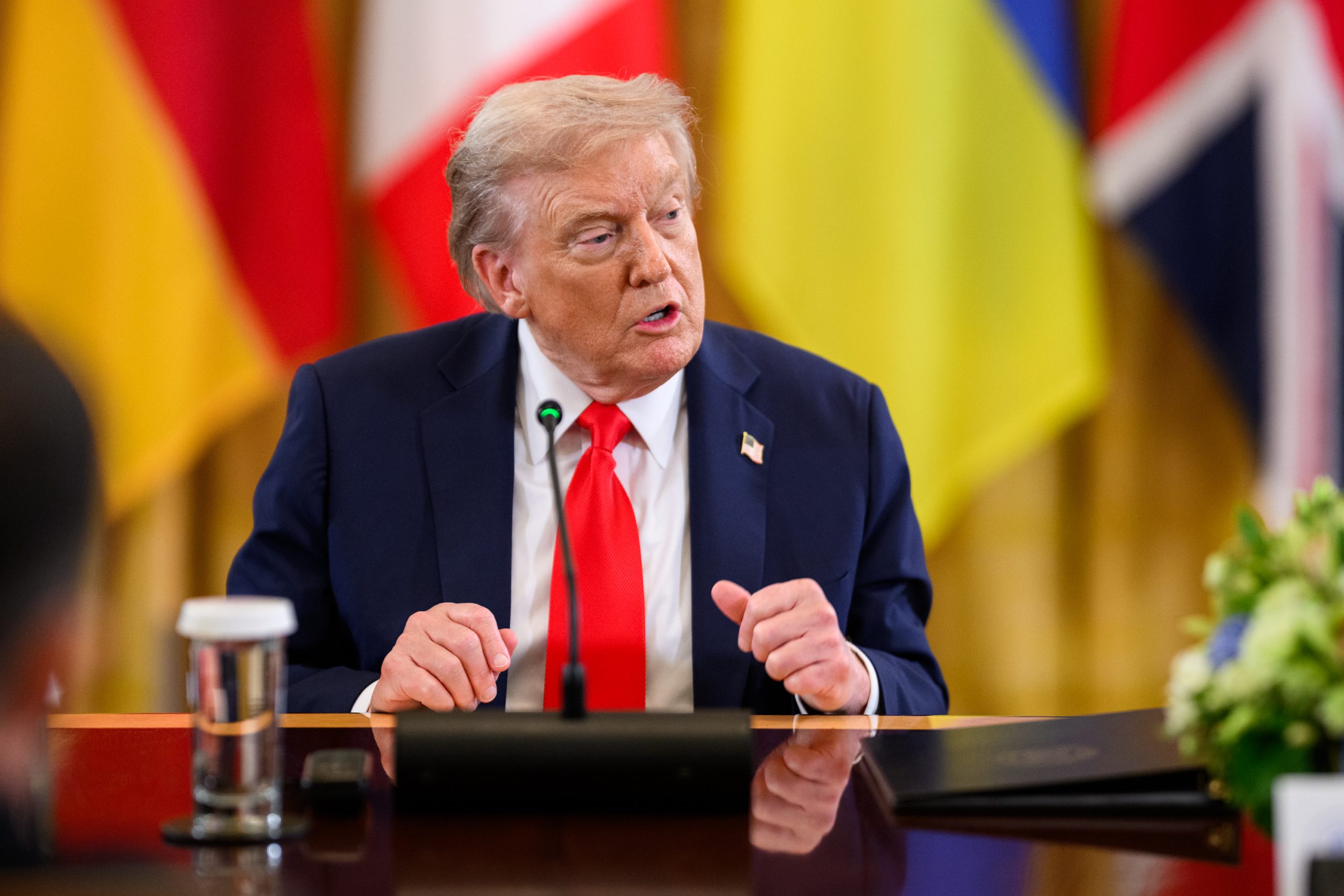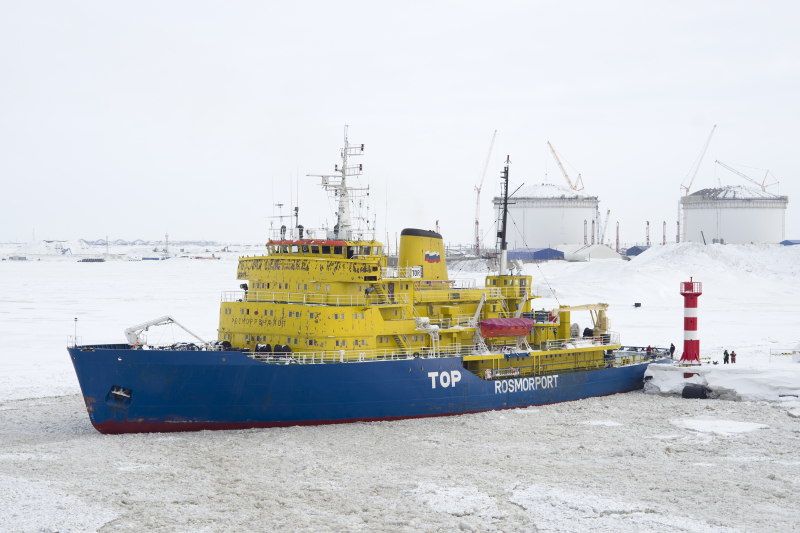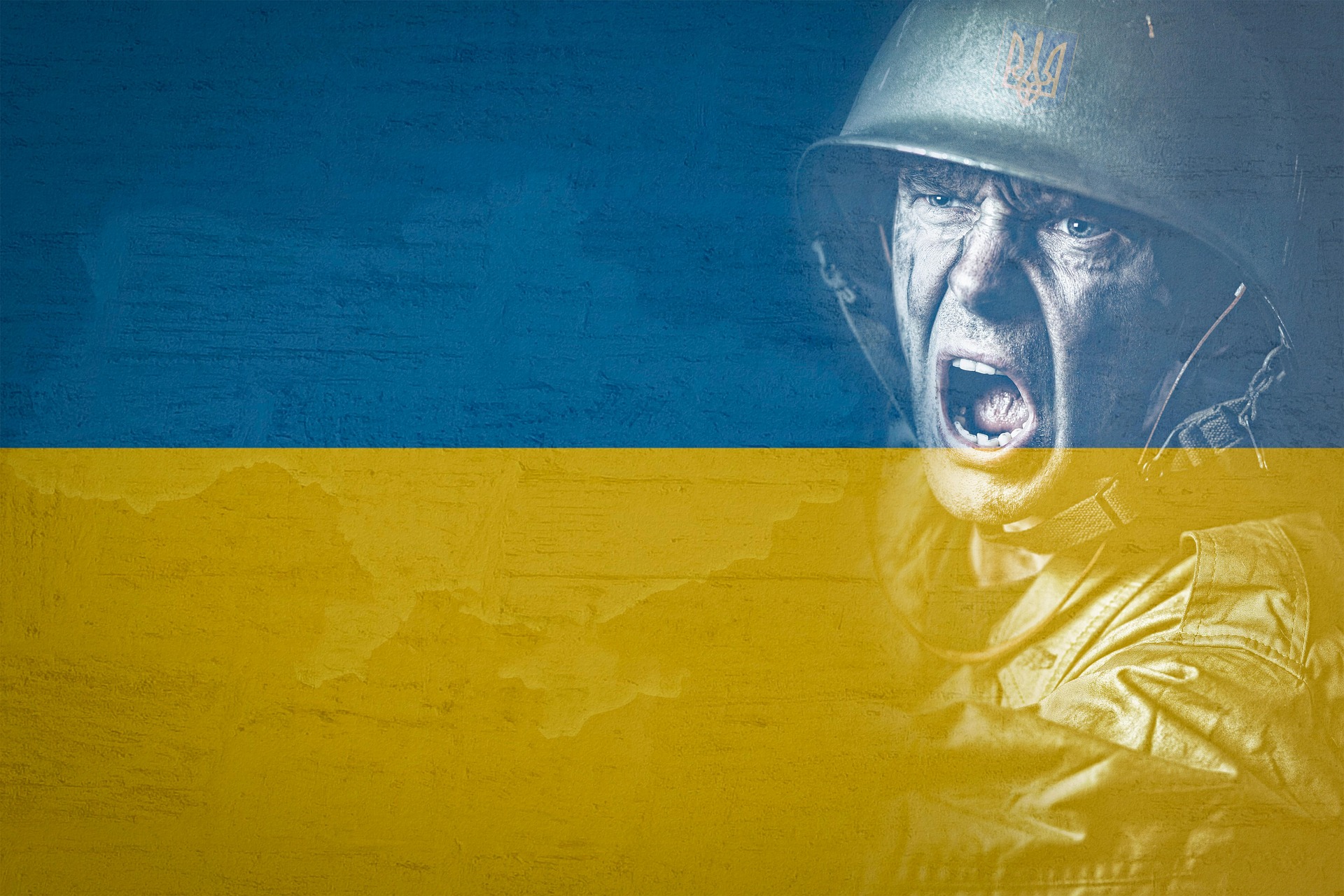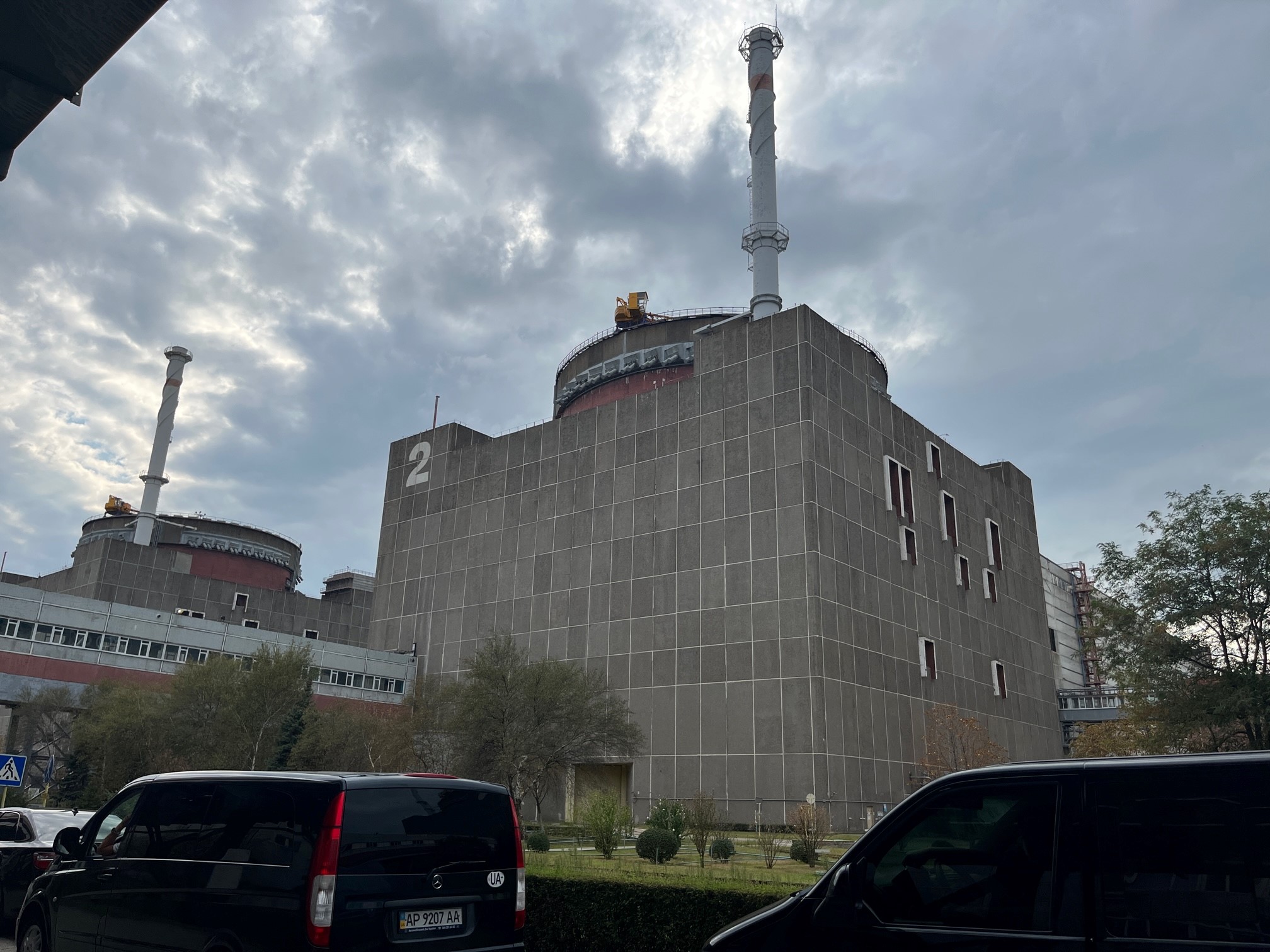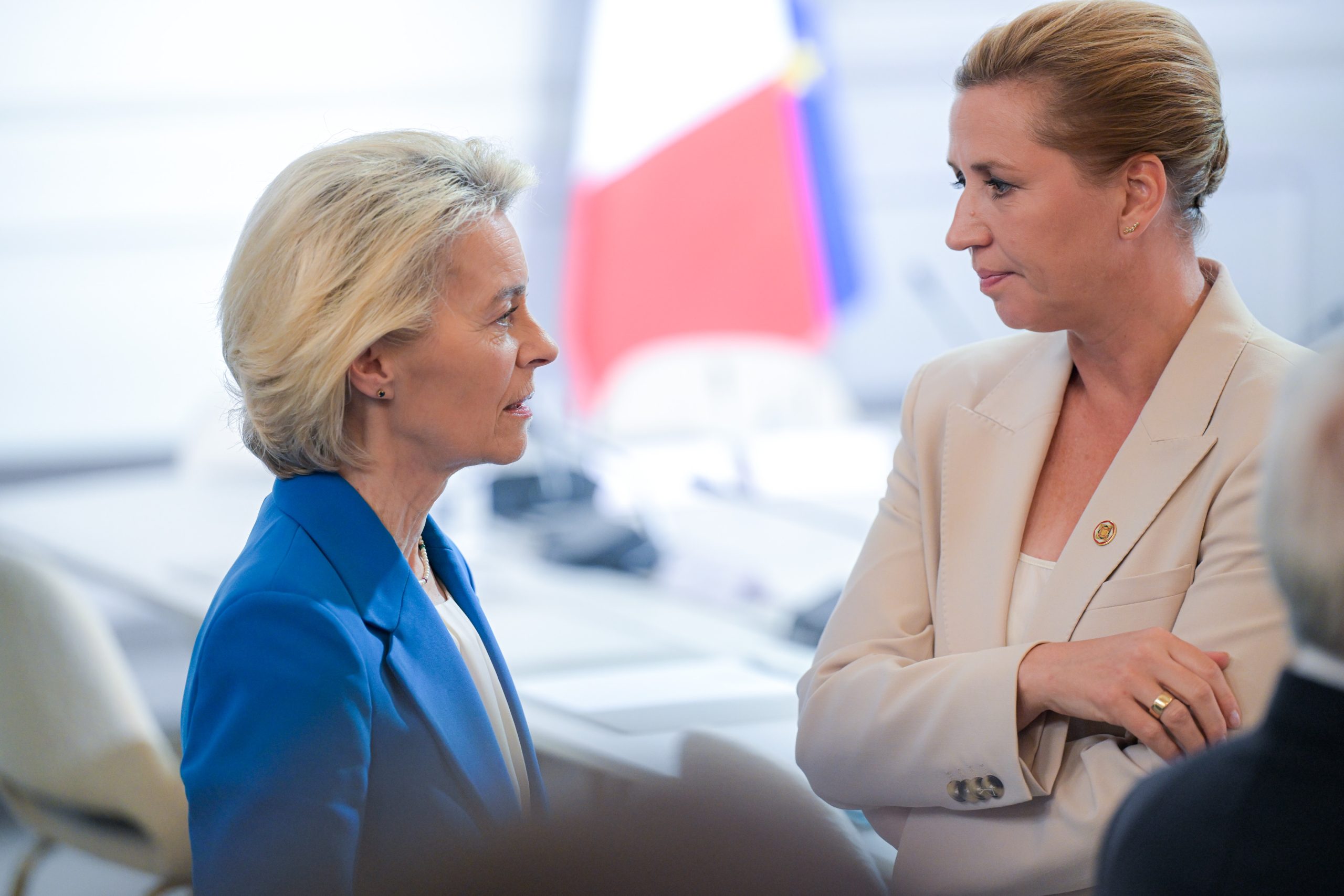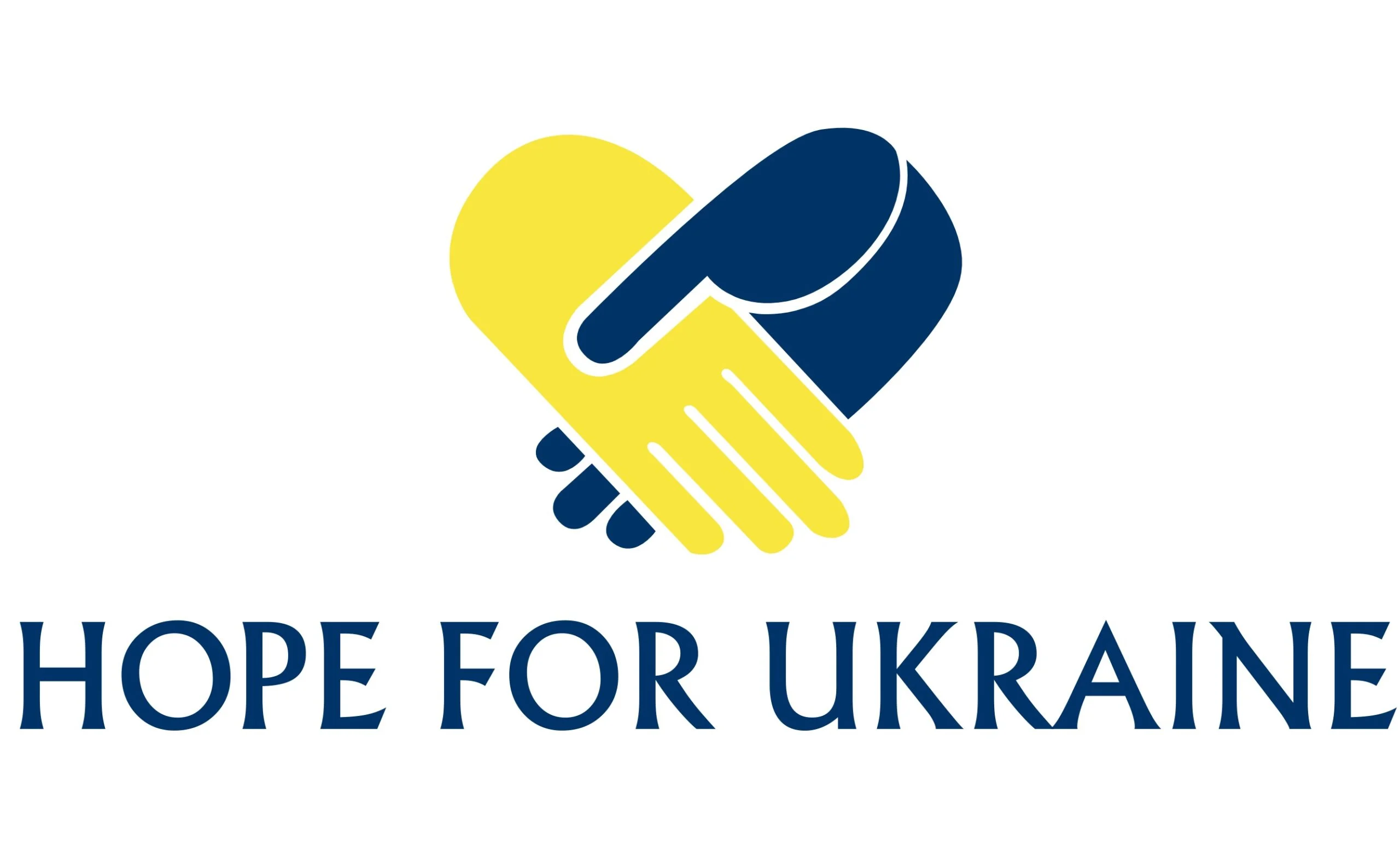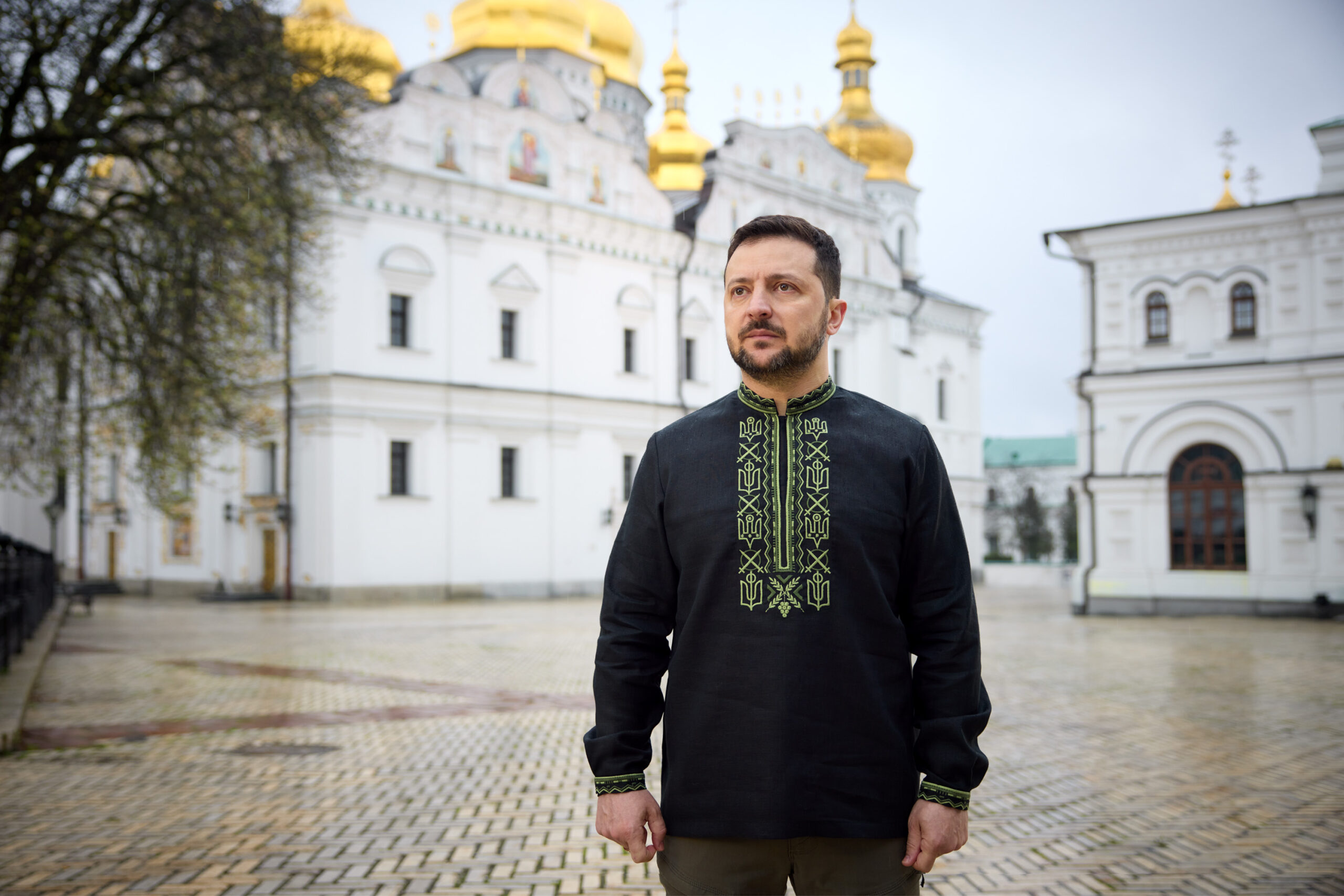Photo: Architectural landmark Church of the Holy Trinity in Ramenskoye, dated December 31, 2024, by Artyom Svetlov
This summary is based on Olga Lautman’s article, “Ukraine Warns Russia Is Preparing a Mass Casualty False Flag Attack Ahead of Orthodox Christmas.”
Warning of a Planned Provocation
Ukraine’s Foreign Intelligence Service warned on January 2 that Russia may be preparing a large scale false flag attack with civilian casualties, likely timed for Orthodox Christmas on January 7. Ukrainian intelligence states that Russian special services have made observable preparations for a provocation designed to exploit the date’s religious and symbolic significance, amplify fear and grief, and rapidly assign blame to Ukraine.
Symbolic Targets and Narrative Control
The potential attack could target a religious or other highly symbolic site, either inside Russia or in Russian occupied Ukrainian territory. Choosing such a target would allow the Kremlin to portray any escalation as defensive retaliation and quickly push a propaganda narrative during a moment of shock and grief.
Disinformation and Fabricated Evidence
The warning comes amid a broader Russian disinformation campaign aimed at undermining U.S. talks. It follows Moscow’s late December false claim that a Ukrainian drone targeted Putin’s residence, an allegation denied by Ukraine and rejected by the CIA due to a lack of evidence. Despite this, the Kremlin continues to promote the claim to condition the information space for further escalation.
Ukrainian intelligence also warned that Russia may attempt to plant fragments of Western made drones at the scene of any staged attack to fabricate evidence of Ukrainian or NATO involvement. Officials stressed that this tactic has been used before to reinforce false narratives and overwhelm initial skepticism.
International Caution and Historical Pattern
The warning is reinforced by the U.S. State Department’s renewed do not travel advisory for Russia, citing terrorism risks, wrongful detention, and severely limited U.S. consular assistance. Ukrainian officials emphasize that this assessment is not alarmist but historically grounded. Russia has repeatedly used terror, false narratives, and staged provocations to justify violence and sabotage diplomatic efforts, particularly when facing international pressure.
